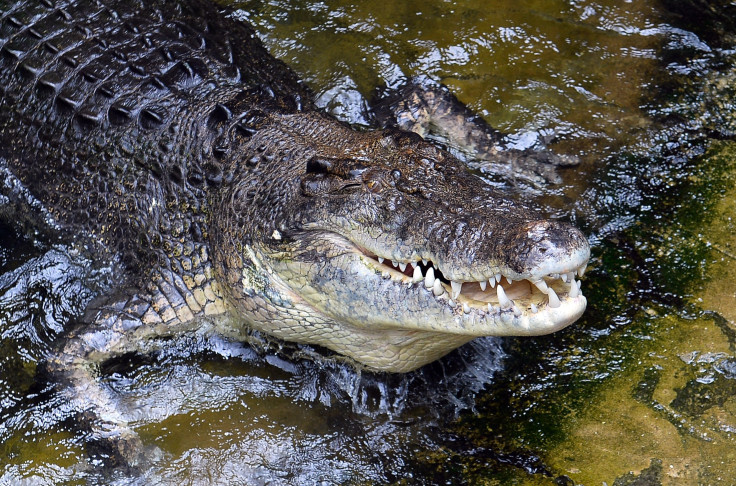
A zoo in Costa Rica has identified the first recorded instance of a crocodile impregnating herself.
Although "virgin birth" has been noticed in several bird, fish, and reptile species, it has never been recorded in crocodiles.
According to scientists, this characteristic may have been inherited from an evolutionary predecessor, implying that dinosaurs might have possessed the ability for self-reproduction as well.
The findings have been published in Biology Letters, a journal by the Royal Society.
In January 2018, a fully formed but stillborn fetus was discovered within an egg laid by an 18-year-old female American crocodile residing in Parque Reptilania, BBC reported.
The crocodile responsible for laying the egg had been acquired at the age of two and had been isolated from other crocodiles throughout its life.
To investigate this unusual occurrence, the scientific team at the park reached out to Dr. Warren Booth, originally from Belfast and currently affiliated with Virginia Tech in the United States.
Dr. Booth has dedicated 11 years of research to studying parthenogenesis, commonly known as virgin births.
Dr. Booth conducted an analysis of the fetus and confirmed that it shared over 99.9% genetic similarity with its mother, solidifying the absence of a paternal contribution.
When interviewed by BBC News, Dr. Booth expressed that the discovery did not come as a surprise to him.
''We see it in sharks, birds, snakes and lizards and it is remarkably common and widespread''.
He speculated that the reason that parthenogenesis has not been seen in crocodiles is because people have not been looking for instances of them.
''There was a big increase in reports of parthenogenesis when people started keeping pet snakes. But your average reptile keeper doesn't keep a crocodile," he said.
A hypothesis proposes that parthenogenesis occurs in species facing extinction or a significant decline in population numbers.
Dr. Booth suggested to BBC News that this phenomenon might have been observed in certain dinosaur species during periods of reduced population caused by environmental shifts.
The uniformity of the parthenogenesis mechanism across various species indicates its ancient origin, suggesting it has been inherited across generations.
This notion lends support to the notion that dinosaurs could have also employed this reproductive strategy.
© 2025 Latin Times. All rights reserved. Do not reproduce without permission.




